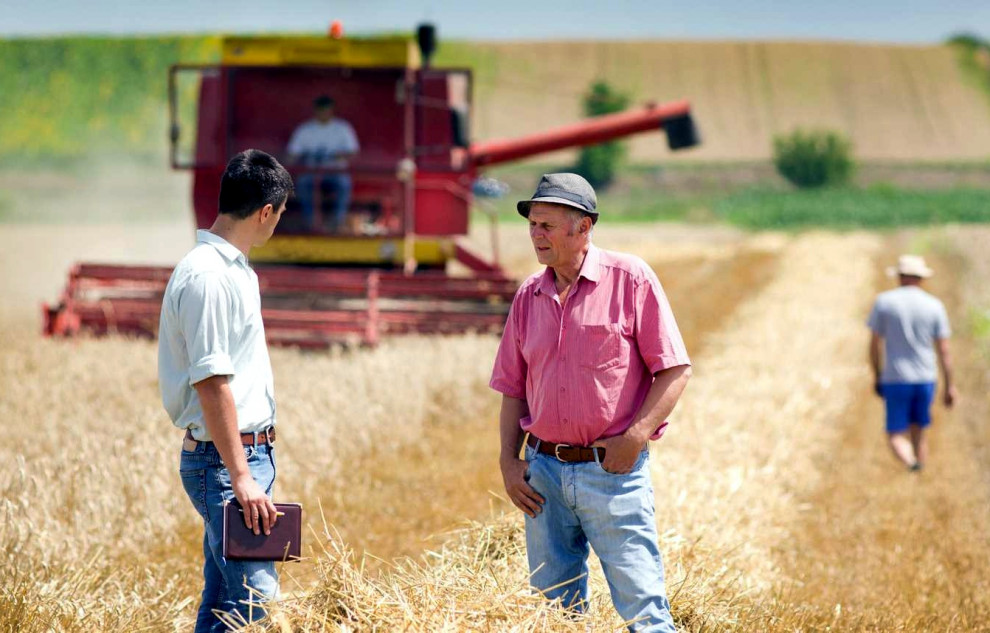The correspondent decision got 269 votes.
Taras Kutovyi, the Minister of Agrarian Policy and Food of Ukraine comments on the decision of the parliament:
"I, for one, am confident that it will become a strong support for small and medium farmers. In the ministry we are working to help SME farmers to spot their niche and build on it to make some essential contribution in the development of agrisector and the country in a whole.
The recepient of the loan is Ukraine in the name of the Ministry of Finance through the offices of Ministry of Agriculture and interfacing Ukreximbank which will be providing loans for local commercial banks. The chosen banks entitled to receiving the funds will make the screening of the investment projects, provide the loans for farmers and monitor execution."
Vladislava Rutitskaya, former vice minister of agricultural policy of Ukraine revealed that Ukreximbank itself will provide loans for farmers along with Credit Agricole and Raiffeisen Bank Aval.
The loan will be provided for 12 years envisaging the concessionary terms for 4 years. The disbursement of the credit facility for farmers has been planned to be carried during 2016-2020.
The investment projects may receive up to 50% of financing of the project worth from the banks. The other 50% may be financed by a borrower or by a bank itself. Hence, the total value of the projects will have reached to the tune of EUR 800mln.
As Taras Kutovyi has put it, the funds from the EIB will be channeled into infrastructural projects, logistics facilities, and modernization of grain drying.
Potential beneficiaries therefore include input suppliers, farmers, processors, storage and logistics operators, as well as testing laboratories, research and education institutions and extension services that contribute to the functioning of target value chains.
The cereals, oil seeds and aquaculture and fisheries value chains are being targeted by the loan, having been identified as those best placed to satisfy domestic demand for quality produce and increase the competitiveness of the sector and its exports to the EU and global markets, in line with trade liberalization and standards harmonization commitments made by both sides of the EU-Ukraine DCFTA, the EIB web site reads.
From the macro perspective, the program will contribute to the increasing tax revenues. It will also have a positive impact on business climate contributing to activation of the investment activity. At this, the farmers may increase exports and create jobs.






